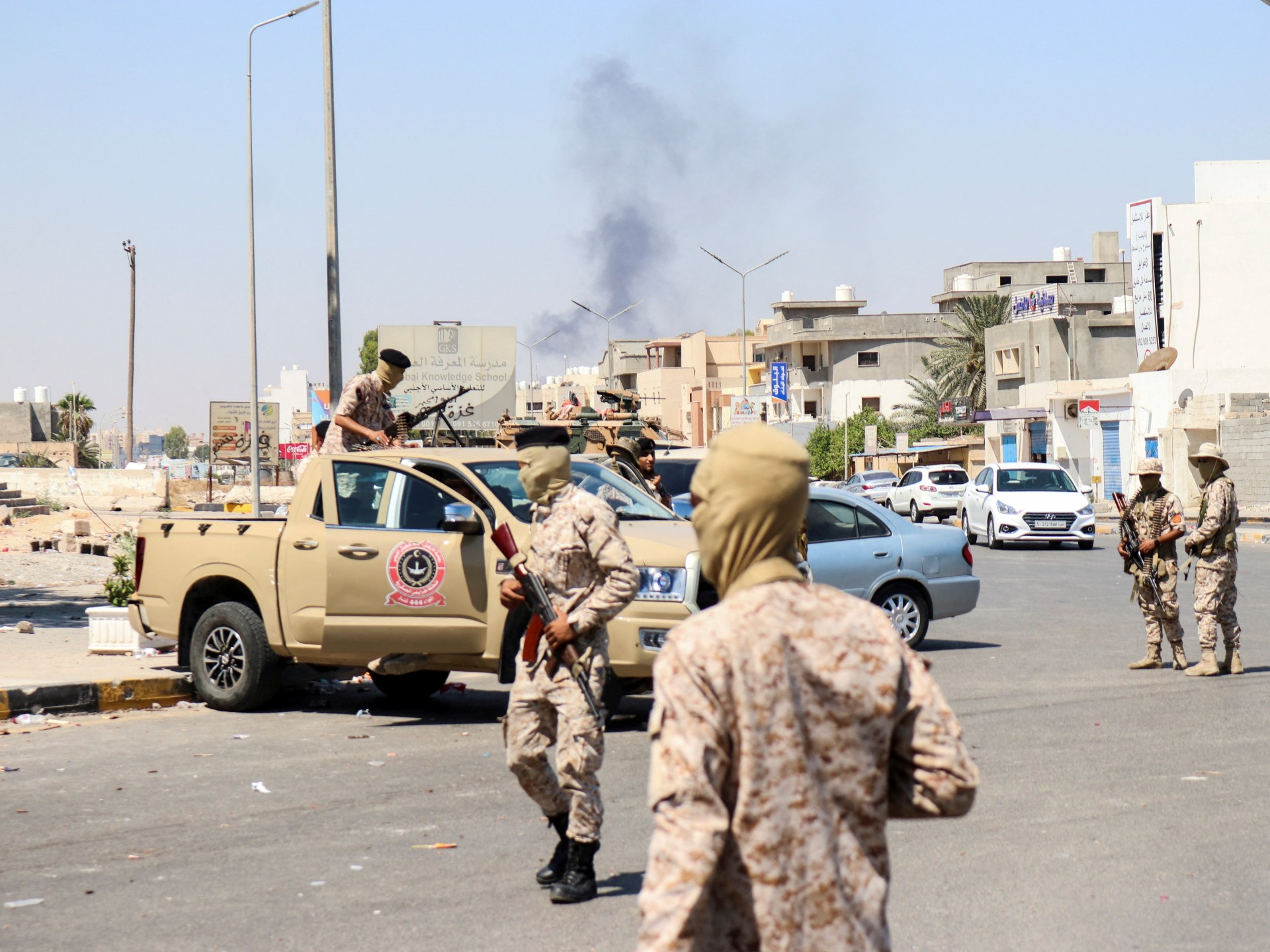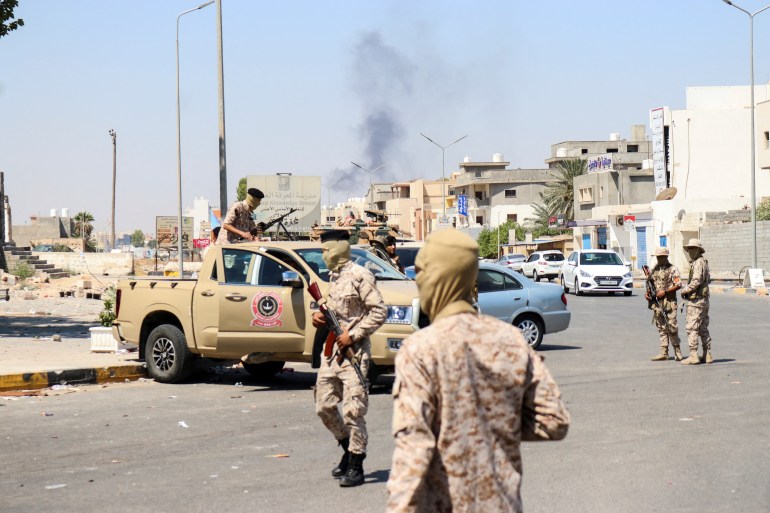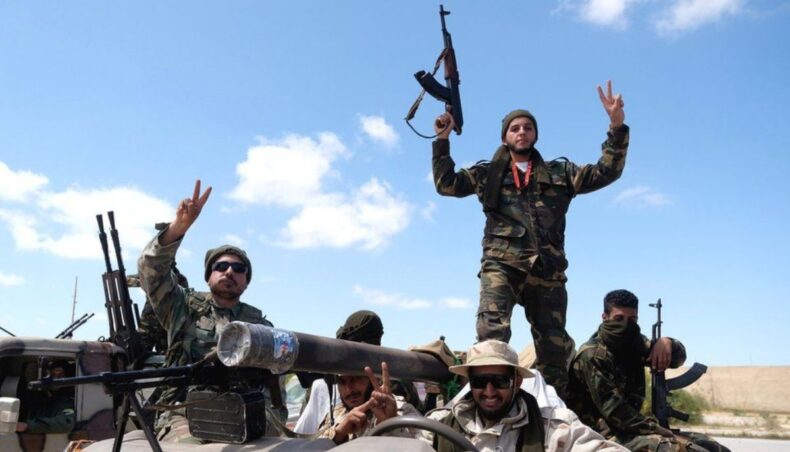Over the past week, fighting in Tripoli and Misrata has claimed at least 17 lives in Libya, many of them civilians.
Both Fathi Bashagha, one of Libya’s two competing prime ministers, and Abdul Hamid Dbeibah, whose internationally recognized administration is based in Tripoli, are from Misrata.
However, since his appointment by the nation’s eastern-based parliament, Bashagha has mostly avoided Misrata, which has long been considered a bastion of support for the Dbeibah administration and resistance to General Khalifa Haftar, the militia leader who supports the parliament.
However, many there are now apprehensive of Dbeibah since he recently made a deal with Haftar to succeed Mustafa Sanallah as the chairman of the National Oil Corporation.

After Dbeibah selected Farhat Bengdara as the NOC’s leader earlier this month, soldiers and tribes believed to be close to Haftar proclaimed the lifting of the months-long oil exports blockade the following day.
The shutdown resulted in a loss of revenue to the Libyan government of more than $3 billion.
The third-biggest city in Libya and the location of its main port, Misrata is referred to as the country’s economic center and is seen as a significant source of influence in western Libya.
Return of Bashagha in LIBYA
One of those who are now more receptive to Bashagha is Mabrook Ismail, a young businessman who fought against Haftar’s forces during the latter’s attempt to seize Tripoli in 2019.
Ismail told Al Jazeera over the phone from Misrata that “Bashagha has always been transparent.” “His most recent pact with Haftar was at the top of the list. That bothered me, and I saw him as a traitor. But Dbeibah is now secretly negotiating with Haftar. I prefer the devil in my direct line of sight.
Many others in Misrata share that sentiment, which has given Bashagha an opportunity he did not previously have.
He went back to his house outside of Misrata on Wednesday, and he was met with violence.

On the outskirts of the city, fighting broke out on Saturday between a different group backing Bashagha and the combined operation force supported by Dbeibah. Before city officials and tribal elders reached an agreement to defuse the situation, at least one person was murdered during the violence.
According to Tripoli-based Libyan journalist Emad Beleid, “Misratans are recognized as the guardians of democracy and have thwarted repeated attempts to return Libya to military control.”
The problem goes beyond the conflict between the Dbeibah and Bashagha governments; it is a political and military effort to undermine the city and foment division among Misrata’s citizens.
The Libyan revolution that ousted longstanding leader Muammar Gadaffi in 2011 depended heavily on men from Misrata.
They were also the main force behind the liberation of Sirte from ISIL (ISIS) rule and made a significant contribution to Tripoli’s defense during Haftar’s unsuccessful military assault.
The confrontations in Misrata, according to US Ambassador and Special Envoy to Libya Richard Norland, “show the grave likelihood that the recent violence will increase.”
The “intensified tensions” show, he continued, “the urgent need for Libya’s political leaders to promptly adopt an agreed path to elections that would establish a really legitimate, unified government to serve the interests of all Libyans.”
‘Tripoli conflict’
A day after violence broke out between two armed factions in Tripoli, hostilities occurred in Misrata.

The Special Deterrent Forces and the Presidential Guard started fighting after trading accusations of kidnapping. Both are members of the flimsy security apparatus of the Libyan government, and the two days of intermittent combat around the capital’s densely populated regions resulted in significant property damage.
According to health experts, at least 16 people have died and more than 34 have been hurt. There were also young people who died.
Read More: Oil prices fall as Libya provides crude oil output, global demand outlook weakens













